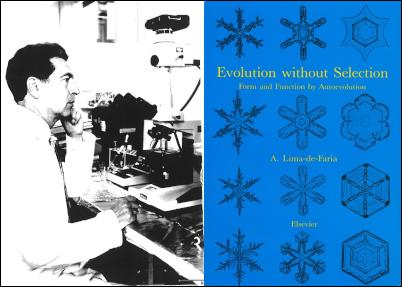Where would we be without studies like these?
From New Scientist (30 April 2011), we learn that in a recent evolutionary psychology study, “Deliberate inaction judged as immoral as wrong action”: An actor whose hesitancy to act led to the death was seen as less immoral than an actor whose direct actions led to the death. But the students judged deliberate inaction that led to the fatality as equally immoral as direct action that caused the death. In fact, in many jurisdictions, if a person has a professional duty of care, it is not a matter of opinion; failing to report child abuse, for example, can lead to criminal charges. It’s good to know that students sense why those laws exist.
 … in the last year of his life.
… in the last year of his life.
 Consider some feature of the universe, such as its beginning to exist (assuming that it did begin to exist). There are various competing explanations we can consider for such a feature, and one of those explanations will be that the feature was due to an intelligent cause. We may judge this explanation to be the best one but it doesn’t follow that the explanation is true. The right account could be that there’s no explanation at all for why the universe has the feature that it does.
Consider some feature of the universe, such as its beginning to exist (assuming that it did begin to exist). There are various competing explanations we can consider for such a feature, and one of those explanations will be that the feature was due to an intelligent cause. We may judge this explanation to be the best one but it doesn’t follow that the explanation is true. The right account could be that there’s no explanation at all for why the universe has the feature that it does.